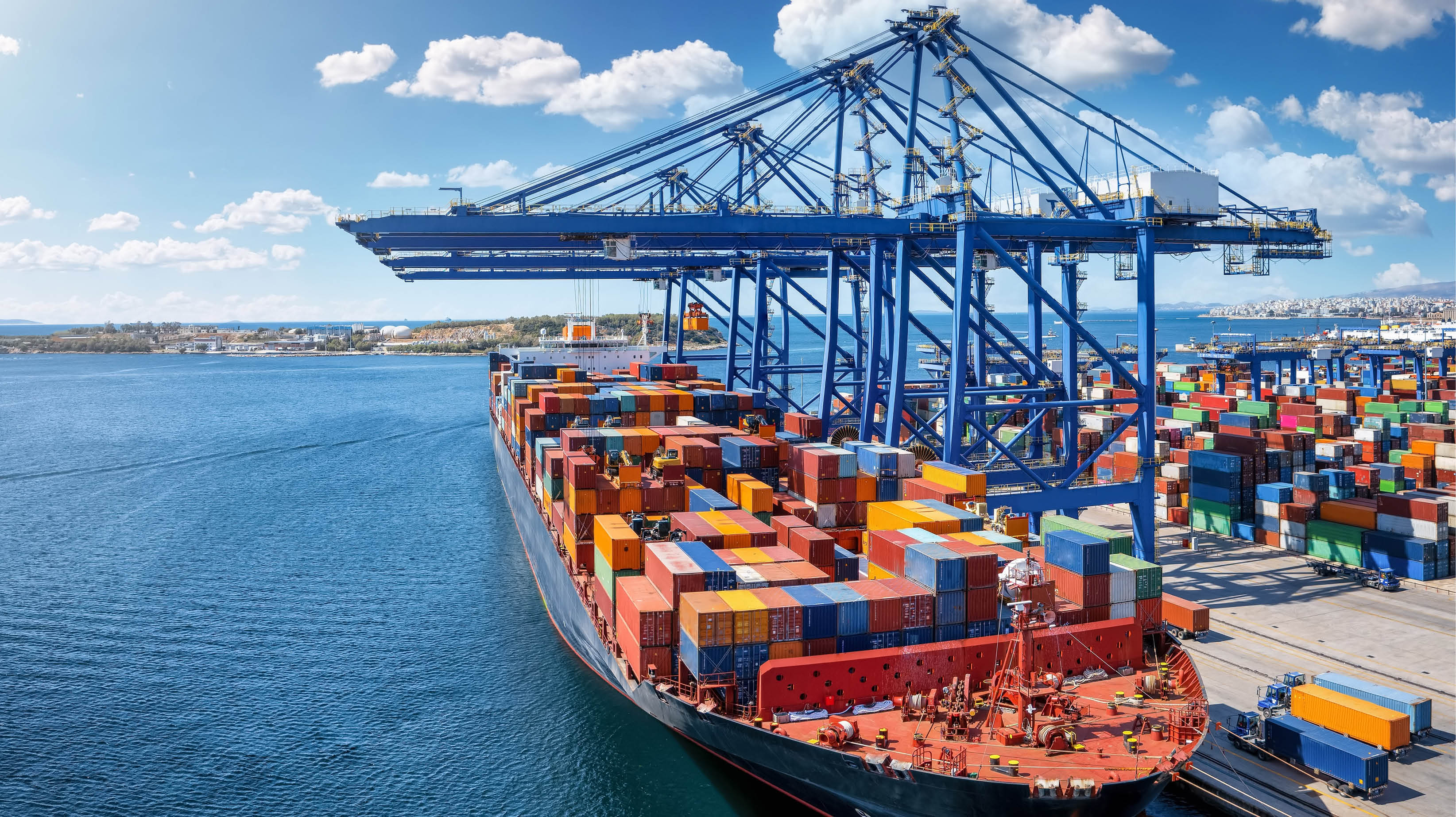Towards new market access cooperation
Since the 1970s, non-reciprocal trade preferences (NRTPs) have supported developing countries’ export growth and diversification. Today, the NRTPs stand at a crossroads. The new UNCTAD publication, Trade Preferences Outlook 2024, demonstrates how the effectiveness of preferential tariffs diminished as a tool to foster exports as MFN tariffs have fallen, FTAs have proliferated, and non-tariff measures have become more prevalent.
Drawing on the findings of the report, and in view of the fact that NRTPs played a significant role particularly for sub-Saharan Africa, the session will examine the stakes of trade preferences for the economies in the region, and future actions necessary for enhancing their development impact.
This online event, jointly organized by the Economic Commission for Africa and UNCTAD, aims to stimulate debate on non-reciprocal trade preferences, with a particular focus on the African context.
Key questions
- Does the current set-up of NRTPs remain effective in responding to market access challenges facing developing countries?
- What can be a new paradigm for “market access cooperation” beyond tariff preferences that would better help address constraints facing developing country exports and foster sustainable development?
- What is the future of NRTPs of which Africa is the beneficiary (e.g., African Growth and Opportunity Act of the United States, Everything But Arms scheme of the European Union)? How can Africa respond to the emerging calls to replace NRTPs with reciprocal, FTA-type arrangements?
- What could be the nexus between NRTPs and the implementation of the AfCFTA?
Related
Topic
Trade agreementsProgramme
- The International Trading System and Trade Negotiations
- Trade Policy for Sustainable and Inclusive Development
- Generalized System of Preferences
Event
- 1st Trade Policy Dialogue: The multilateral trading system in the post-pandemic new normal
- 2nd Trade Policy Dialogue: Towards model regional trade agreement provisions for trade in essential supplies in times of crisis
- 3rd Trade Policy Dialogue: Elements of a policy mix for trade-led recovery: Services, creative economy, and making the best of trade agreements
- 4th Trade Policy Dialogue: Welcoming the International Year on Creative Economy for Sustainable Development
- 5th Trade Policy Dialogue: World Economic Situation and Prospects 2021 on Trade
- 6th Trade Policy Dialogue: Applying a gender lens to financial inclusion
- 7th Trade Policy Dialogue: Tear down this wall; Challenges with trade-related regulations
- 8th Trade Policy Dialogue: Trade finance under COVID-19
- 9th Trade Policy Dialogue: What role for special and differential treatment on sanitary and phytosanitary measures and technical barriers to trade?
- 10th Trade Policy Dialogue: Key issues on the trade and environment nexus; Trade measures in Nationally Determined Contributions and trade in non-plastic material substitutes
- 11th Trade Policy Dialogue: Resilient and sustainable supply chains
- 12th Trade Policy Dialogue: Trade Policy Outlook 2024-Asia and the Pacific
Contact
Mr. Taisuke Ito
E.: taisuke [email protected]
Ms. Ebru Gokce-Dessemond
E.: [email protected]


